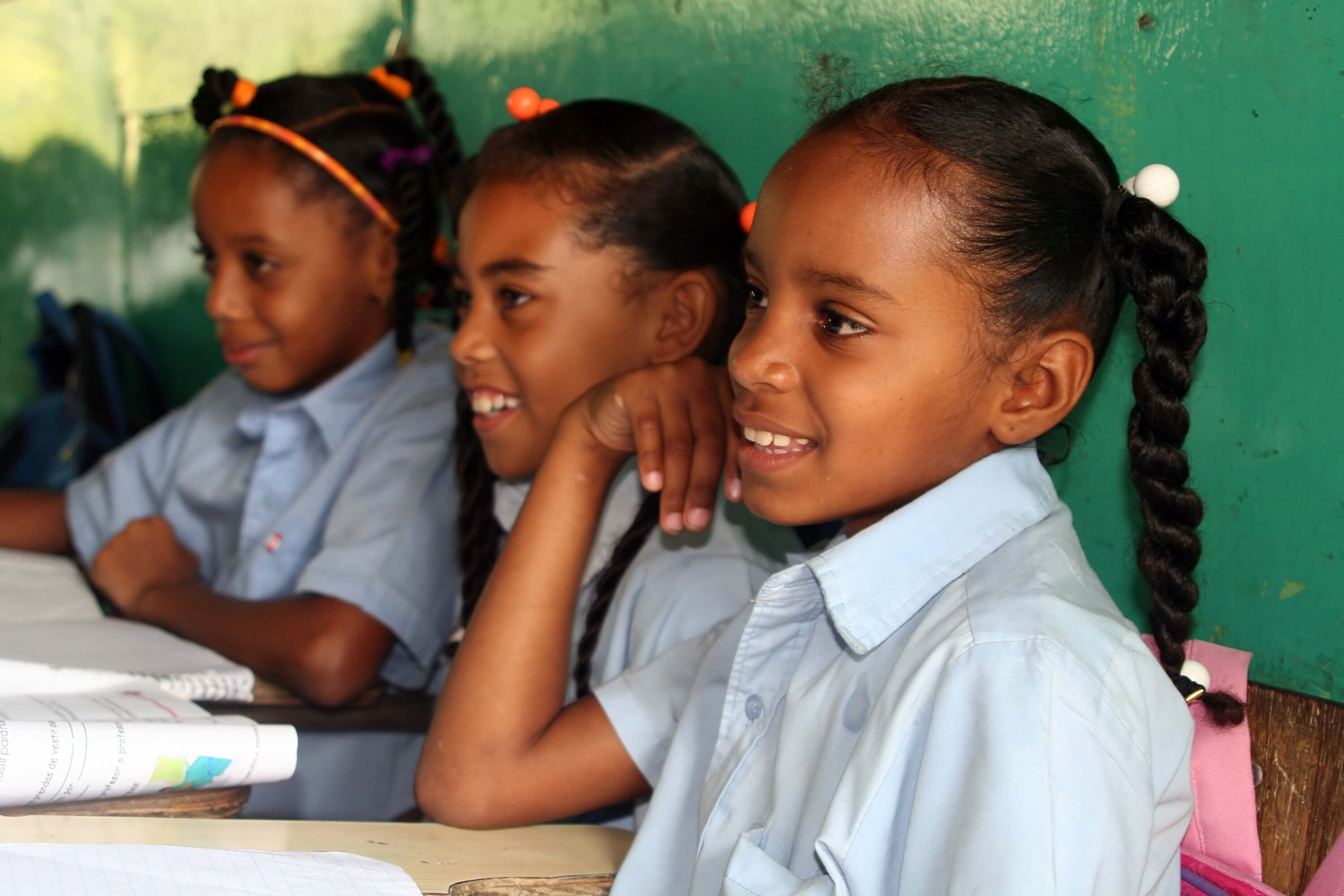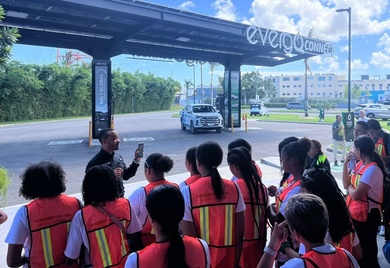IDB World: ChatGPT & SMEs, Electromobility, Tax Compliance

Chat GPT and the future of SMEs in Latin America and the Caribbean
Artificial intelligence (AI) and natural language processing (NLP) technologies such as ChatGPT are becoming increasingly important for businesses worldwide. While larger corporations are often at the forefront of adopting these technologies, small businesses in developing countries can also benefit greatly from ChatGPT.
In this blog entry by the Competitiveness, Technology, and Innovation Division of the Inter-American Development Bank (IDB), we analyze and reflect on the potential of AI in innovation and productive development and what its use could mean for small and medium enterprises (SMEs) in Latin America and the Caribbean.
SMEs are already starting to use ChatGPT to automate tasks and improve customer service.
Electromobility: An opportunity to decarbonize transportation and provide safer vehicles to the region
Electric mobility is one of the ways for the transport sector to advance on the path of decarbonization, but at the same time it has the potential to revolutionize the automotive industry in Latin America and the Caribbean (LAC), where around 110,000 die and rore than 5 million are injured every year due to road accidents. They are the leading cause of death for children between 5 and 14 years of age and the second for young adults.
In turn, incentives for electric mobility are relevant considering that the motorization rate in LAC presents an average annual growth of 4.7%, one of the highest in the world. In 2015, the average motorization for LAC reached 201 vehicles per 1,000 inhabitants, a figure that remains below the levels in Europe (471 vehicles per 1,000 inhabitants), the US and Canada (805 vehicles per 1,000 inhabitants.)
In addition, the vehicle fleet’s age is above the world averages. In some countries the importation of used vehicles that have lost their useful life in the countries of origin is still allowed and there is a trend in the increase in the use of motorcycle. Out-of-pocket spending continues to be high and creating financial barriers for people to access healthcare.
How did the use of social networks change citizen perceptions towards government effectiveness and tax compliance in Chile?
Tax evasion is one of the main challenges for LAC governments. On average, in the region there is a 44% income tax gap, exceeding 50% in many countries (ECLAC, 2020).
High levels of corruption and the low perception of government effectiveness affect tax non-compliance and damage the relationship of citizens with the public administration. Taken together, the effects of the perception of corruption and low government effectiveness translate into the feeling that public revenues are not being optimally managed and that there is no public apparatus capable of punishing evaders, so the incentives to pay taxes are reduced.
How can we build trust in people who pay their taxes? We want to present an example of how in Chile we achieved a change in citizen perceptions through behavioral economics tools.
LIKE WHAT YOU JUST READ?
Subscribe to our mailing list to stay informed on the latest IDB Invest news, blog posts, upcoming events, and to learn more about specific areas of interest.
Subscribe



